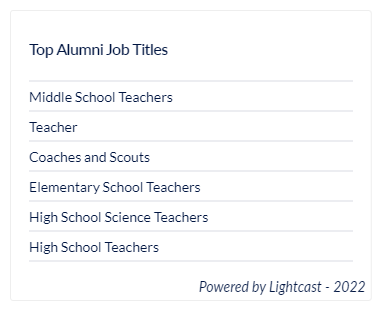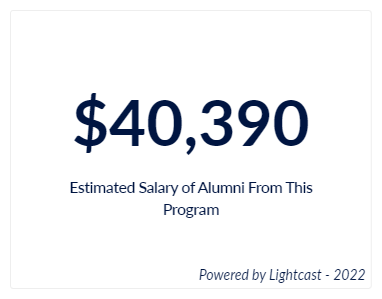Elementary/Middle Level Education: Grades 4-8, Science Concentration, BSEd
The Elementary/Middle Level Education: Grades 4-8, Science Concentration, BSEd program prepares you to obtain the certification required to teach grades 4-8 in Pennsylvania’s public school system. This program meets high national standards of excellence because it is accredited by the National Council for the Accreditation of Teachers, Association of Middle Level Education and Council for Exceptional Children. Additionally, Shippensburg University has the only public elementary lab school in the state.
Get more info
What Will I Learn?
You will learn how to support middle level students’ academic growth in science. Learning experiences related to science will focus on:
- Scientific inquiry
- Life sciences
- Earth and space sciences
- Physical sciences
- Environment and ecology
- Technology
- Engineering
You are required to complete core concentration courses in science as well as professional core courses focusing on adolescent development and learning, instructional methods, assessment and intervention, adaptation and accommodations for diverse learners, and literacy. There is also a required capstone seminar and practicum in middle level student teaching.
What are the requirements for this degree?
You are required to complete 46-47 credit hours of general education courses, 21 credit hours of concentration area courses, three credit hours of a required math course, and 36 credit hours of core professional courses.
What Types of Careers Could I Get With This Degree?
Completing this program at Shippensburg University prepares you to obtain the certification required to teach in Pennsylvania's public school system. Many graduates also go on to find work in private academies or as personal tutors. Others use their degree as a springboard to employment in social work, child and youth care or other related fields.
What Career Outcomes Do Alumni Have With This Degree?


What Kinds of Experiences Could I Have?
Ship is an excellent place to study to become a teacher because of the opportunities to:
- Observe classes in elementary and secondary settings
- Observe physically challenged and exceptional learners
- Take part in student teaching
- Participate in student groups that complement the academic experience
- Receive personalized attention and advisement from experienced professors

